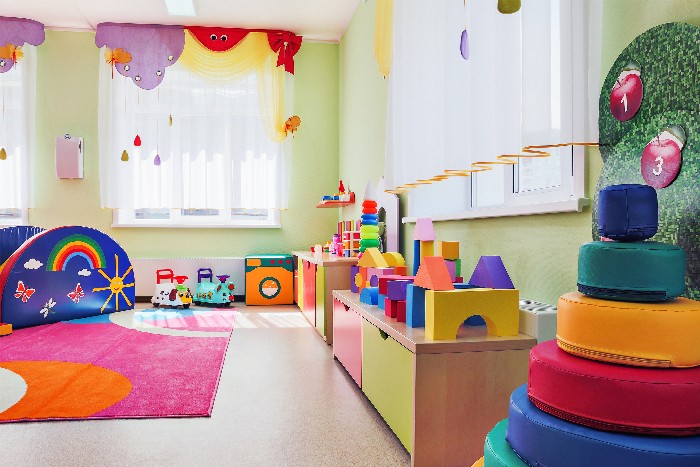Choosing the right child care program is a crucial decision for any parent. The early years of a child’s life are vital for development, and a high-quality child care setting can significantly contribute to their growth and future success. Research consistently shows that children who attend good child care programs are better prepared for school, develop stronger social skills, and have increased opportunities for overall well-being. For working parents, knowing their child is in a nurturing and stimulating environment also brings peace of mind and allows for greater focus and productivity at work. It’s truly a win-win situation for children, parents, and even employers.
One key aspect of understanding child care quality is recognizing licensing and rating systems. Many regions have systems in place to evaluate and rate child care programs based on certain standards. These ratings can provide a helpful benchmark when you are starting your search. For instance, some areas utilize a star-rating system where programs are assessed against specific criteria, with higher star ratings indicating programs that exceed basic requirements and demonstrate a commitment to enhanced quality standards. These standards typically cover areas such as staff qualifications, program curriculum, health and safety practices, and the learning environment. Always look for publicly available information on the licensing and rating of child care facilities in your area as a starting point in your evaluation process.
Key Steps to Finding a Good Child Care Program
Finding the right child care program involves several important steps. Here’s a guide to help you navigate the process effectively:
1. Leverage Your Network for Recommendations
One of the most valuable resources in your search is your personal network. Start by talking to people you trust – friends, family members, neighbors, or colleagues. Ask them about their experiences with different child care programs in your area. Personal recommendations can offer valuable insights and firsthand perspectives that you might not find elsewhere. Inquire about what they liked or disliked about particular programs, and whether they felt their child thrived in the environment.
2. Utilize Online Resources and Databases
Many regions have online resources and databases dedicated to providing information about licensed child care facilities. These resources can be incredibly helpful in your search. They often provide details such as:
- Licensing Status and Ratings: Information on the program’s current license status and quality ratings (like star ratings).
- Compliance Records: Some databases include records of inspections, any complaints filed, and how they were resolved.
- Program Details: Basic information about the program, including age groups served, hours of operation, and contact details.
 Child care center building exterior
Child care center building exterior
These online tools can help you quickly narrow down your options and gather essential background information on potential programs.
3. Visit Potential Programs and Observe
Once you have a list of potential child care programs, schedule visits to each one. Visiting in person is crucial to get a feel for the environment and observe interactions firsthand. During your visit, pay attention to the following:
- Cleanliness and Safety: Is the facility clean, well-maintained, and safe? Are there appropriate safety measures in place?
- Staff Interactions with Children: Observe how the staff interacts with the children. Are they warm, responsive, and engaged? Do they seem to genuinely enjoy working with children?
- Learning Environment: Is the environment stimulating and age-appropriate? Are there a variety of learning materials and activities available?
- Program Structure and Daily Routine: Understand the daily schedule and activities. Is there a good balance of structured activities and free play?
- Communication with Parents: Ask about their communication practices with parents. How do they keep parents informed about their child’s day and any important updates?
4. Ask the Right Questions
Prepare a list of questions to ask program directors or staff during your visits. Some important questions to consider include:
- What are the staff-to-child ratios in each age group?
- What are the qualifications and experience of the staff?
- What is the program’s philosophy and curriculum approach?
- How do you handle discipline and behavior management?
- What are your policies on health, safety, and emergencies?
- How do you support children with different learning styles or special needs?
5. Trust Your Instincts
Ultimately, choosing a child care program is a personal decision. After doing your research and visiting programs, trust your instincts. Consider how you feel in the environment and whether you can envision your child thriving there. Choose a program where you feel comfortable, confident, and believe your child will be safe, nurtured, and have opportunities to learn and grow.
Conclusion
Finding a good child care program is a process that requires time and careful consideration. By understanding what constitutes quality care, utilizing available resources, and taking the time to visit and evaluate potential programs, you can make an informed decision that supports your child’s healthy development and provides you with peace of mind. Remember, investing in quality child care is an investment in your child’s future and your family’s well-being.